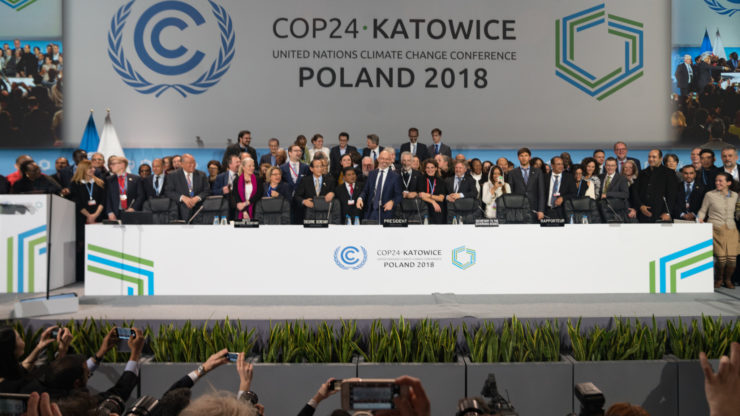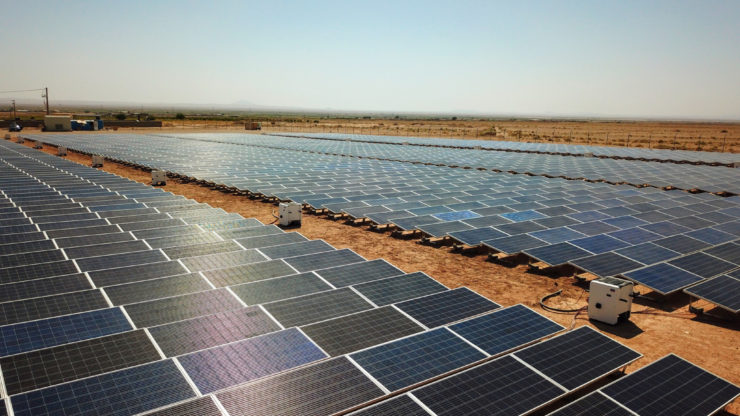How can governments report on loss and damage under the Paris Agreement’s Transparency Framework?
Which types of information should be reported, and what data can be used to evidence claims about climate change-induced loss and damage?
UNEP DTU Partnership, in cooperation with University College London and the Independent University Bangladesh, has compiled a number of suggestions on this topic.
These suggestions cover four central aspects associated with national-level reporting of information related to loss and damage: measurements, costs, policies and financing.
Download “Loss and Damage in the Paris Agreement’s Transparency Framework” here.
Guidance on reporting not yet available
The 2015 Paris Agreement under the United Nations Framework Convention on Climate Change (UNFCCC) introduces a ‘transparency framework’, to promote accountability in the implementation of the Agreement.
A set of “modalities, procedures and guidelines”, agreed upon at COP24 in 2018, sketch how to put the transparency framework into practical operation. These “modalities, procedures and guidelines” include a voluntary provision to report information related to loss and damage. However, guidance is not yet available as to the specific information a country may want to report, or the types of evidence that could underpin the reporting.
Shedding light on central issues
Drawing on scientific journal articles and technical reports, this policy brief offers suggestions on the types of information a country may want to report, and the data that can be used to evidence claims made about loss and damage.
Although these suggestions are no replacement for official guidance, they shed light on a number of central aspects associated with national-level reporting of information related to loss and damage. The policy brief will be useful to developing country stakeholders who are responsible for reporting under the ‘transparency framework’.
The brief consists of two main sections. The first section provides contextual information on loss and damage, and includes an overview of approaches to manage extreme events and slow-onset events. The second section provides suggestions about key issues of direct relevance to reporting on efforts to manage loss and damage. This text focuses on four issues: measurements, costs, policies and financing. The document closes with a number of considerations that cut across these four issues.
The policy brief has been prepared by researchers at UNEP DTU Partnership in collaboration with colleagues from University College London and the Independent University Bangladesh


